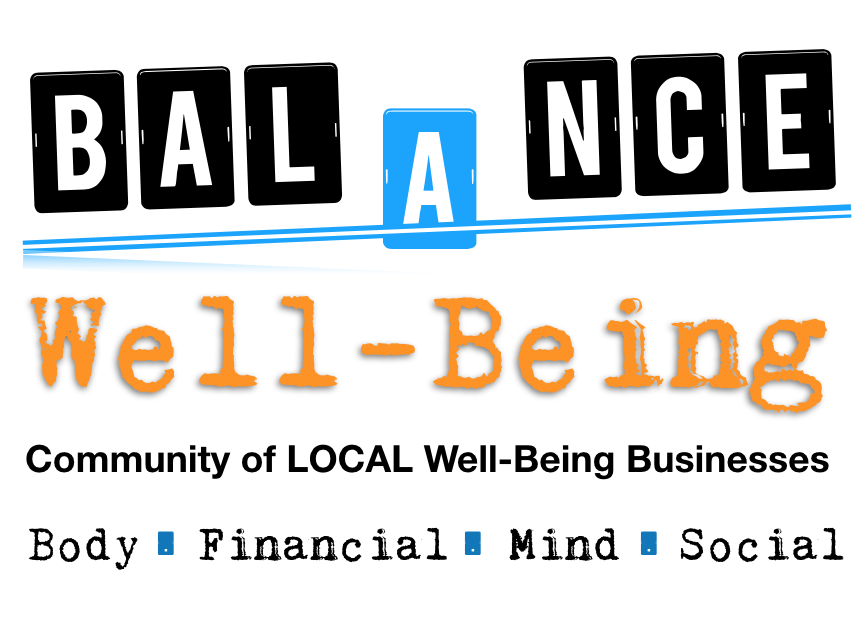No matter how well we think we are doing as managers and leaders, stress brings out the worst in us.

Even though I’ve taken and taught lots of training on managing conflict and communicating effectively, I still have those times where in the heat of moment I react and snap. This week was one of those times.
Even within my core team, where we’ve built a lot of trust and collaboration and really appreciate and respect each other, we still got peeved with each other. Tempers were short and patience had run thin — not just me but each of us has been carrying a lot of extra work supporting a system go-live that impacts internal staff and external customers. There were definitely some sarcastic words said and some not-so-nice tones (because just like my mom used to tell me, it isn’t WHAT you say, it’s HOW you say it).
I handle stress by going into perfectionist mode. When I do that, I take on everything myself because “it’s faster to do it myself than try to explain it to someone else”.
Each of my colleagues handles stress in their own way, which for each of us is typically partly based on personality and partly based on conditioning — based on painful past experiences and whether your go-to is flight, fight or freeze.
We went from cohesive, high-performing team to stressed and bickering. And now the go-live is over and life is returning to normal.
Except now we have some baggage.
What do you do in a situation like this? Do you move on and try to get “back to normal”? Do you talk about it, even though it is uncomfortable?
In my experience, anytime you brush those emotions under the rug, they don’t actually go away. They form little bricks in the relationship that over time can create big walls.
So here’s what my team plans to do. In addition to the typical lesson learned session, we’re also going clear the air. This is the step that most teams don’t do, and I encourage you as managers and people leaders to start adding this into your mix.
Exceptional people leaders notice the times where the team pulled together to overcome challenges. Say it out loud! Our brains are trained to focus on the negative, so we don’t notice the 99% of stuff that we did that went well. We need to get better at noticing the good stuff because that’s the stuff we want to grow.
We’re also going to get uncomfortable and talk about the stress we experienced and how it felt for each of us, because we each process stress differently. That’s where the magic happens in a team — how we pull together in difficult times and the value we place on our relationships as we weather storms together.
In the end, it’s not whether the project went perfectly (what ever does?). It’s about showing up as a team that has each other’s backs in tough times, and comes through those times stronger.
Together we make our workplaces better places to work for all of us.
